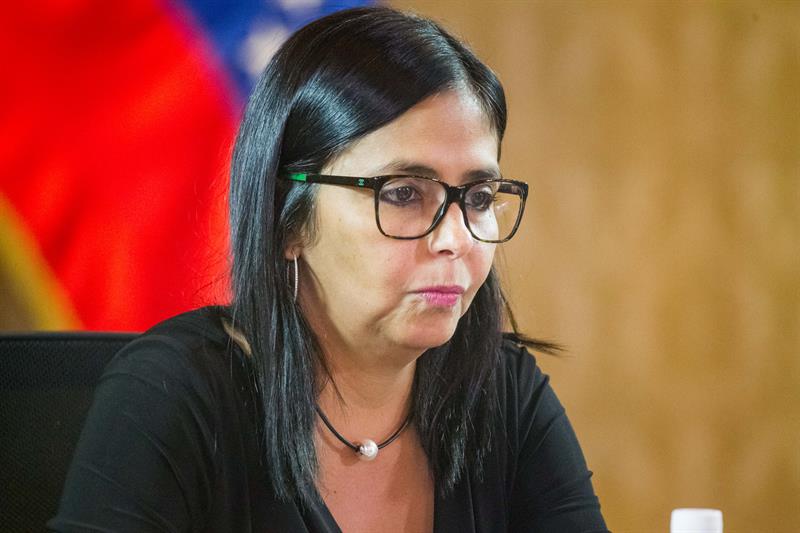Caracas, Nov 21 (EFE) .- The ruling National Constituent Assembly (ANC) of Venezuela today approved a "Agreed Price Act" with which it aims to "isolate" the "speculative" factors that, according to the Venezuelan Government, have penetrated into the "price system" of the Caribbean country.
"This is a legal instrument at the service of the people of Venezuela in tremendous struggle policy against economic warfare (...) this law is an instrument to isolate the speculative factors that have terroristically penetrated the price system in Venezuela, "said the president of the ANC, Delcy Rodríguez.
This law, which according to the plenary will have constitutional character, consists of 12 articles and "aims to establish the principles and bases fundamentals for the price program agreed upon through dialogue and co-responsibility between the public, private, communal and workers sectors ", according to his article 1.
These principles will be established "through the stimulus to the production, distribution and commercialization of the goods and services that the National Executive declares as prioritized, considering its cost structure to guarantee timely, sufficient and quality access to them. "
" All this in terms of price stability, economic peace and integral defense of the nation ", culminates the first statement.
This law also seeks to" guarantee "the availability of goods at agreed prices through a" process of social control and popular control among the public, private, communal and workers sectors ", as well as ensuring" food security and sovereignty ".
The" Law of Agreed Prices "stipulates that it is the Executive who determines which organ will convene the price negotiations, and this body will be together with the natural and legal persons who develop economic activities that will celebrate the "price program agreements."
Likewise, it indicates that the Executive Vice-Presidency will "assume the technical secretariat" of these negotiations.
The State will be the one who establishes the exchange rate for the estimation of the cost structures and it will be the Executive who reserves the competence to incorporate any good or service, "considering its strategic importance to meet the needs of the people".
According to article 10, the agreed prices will be reviewed periodically according to the nature of each.
This law was proposed by President Nicolás Maduro and according to Rodriguez is part of a series of actions that the president has deployed "to protect the workers' compensation. "
Thus, the increases that Maduro has made to the minimum wage of workers (five times only in 2017) would be part of these actions.
Venezuela registered an inflation of 50.6% in October, technically entering hyperinflation.
This was announced by the prestigious economic and financial advisory firm Econometric, which together with the opposition-majority-Parliament and other private entities periodically offers a calculation of inflation in the Caribbean country in the absence of data public by the Central Bank.


Comments 0